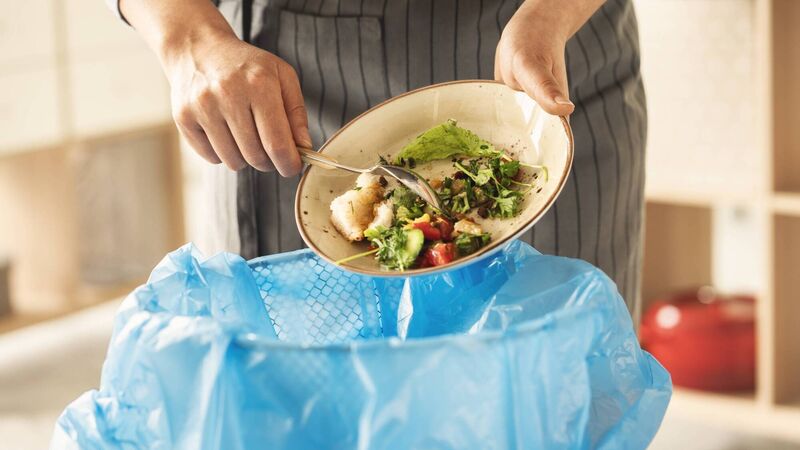Life Hack: Four easy ways to reduce food waste and save hundreds of meals each year

The nation wastes more than one million meals every single day. Picture: iStock
How much food waste do you think you generate each year? It’s likely more than you’d guess.









